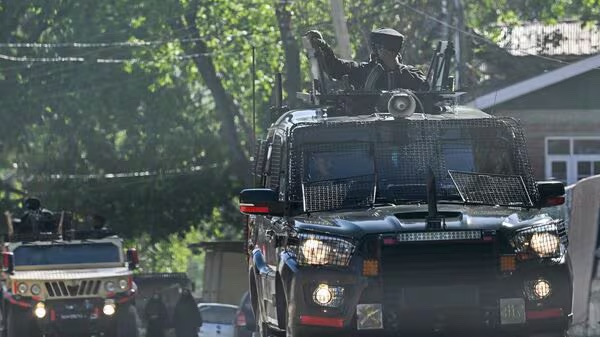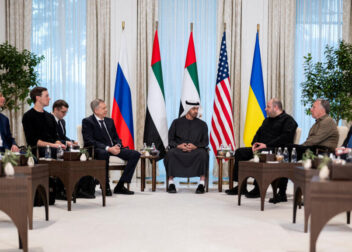India Grants Army Full Freedom for Decisive Action Against Pakistan
New Delhi: The Indian government has reportedly granted the Indian Army full operational freedom, or a “free hand,” to undertake decisive action against Pakistan. Prime Minister Narendra Modi is said to have given the army complete latitude regarding potential future operations.
Sources indicate this decision emerged from a recent high-level meeting involving the chiefs of India’s three defense services. Granting the military such autonomy is seen as significantly enhancing its operational capability and response speed, a factor that past events suggest has proven effective against adversaries.
This move is particularly noteworthy given the historical context. The Indian Army, when provided this level of independence, has demonstrated increased lethality in its responses. Both Pakistan and, in a different context, China, have experienced the ramifications of India’s forces operating with less bureaucratic oversight. Consequently, the prospect of the Indian Army acting with a free hand is reported to instill apprehension in Pakistan.
This isn’t the first instance of Prime Minister Modi authorizing such operational freedom. Similar directives were issued following major provocations, including the terrorist attacks in Uri in 2016 and Pulwama in 2019. Furthermore, the army was granted a free hand during the heightened tensions and subsequent clash with Chinese forces in the Galwan Valley in 2020.
In each case, the Indian military leveraged this autonomy to meet national security expectations and complicate the strategic calculations of adversaries.
The 2016 Uri attack on an army camp in Jammu and Kashmir, which resulted in the martyrdom of 18 soldiers, led to widespread calls for a strong response. The government responded by empowering the army, which subsequently conducted surgical strikes across the Line of Control, neutralizing several terrorist launch pads.
Similarly, the February 2019 suicide bombing on a CRPF convoy in Pulwama, which caused significant casualties, ignited national outrage. Prime Minister Modi again granted the military a free hand, famously stating that the army would decide the time, place, and method of retaliation against the terrorists and their supporters. This culminated in the Indian Air Force conducting an air strike on Jaish-e-Mohammed training camps in Balakot, Pakistan, an action that resonated globally.
Beyond punitive actions against Pakistan-backed terrorism, the Indian Army’s resolve when given operational freedom was also evident during the stand-off with China in the Galwan Valley in June 2020. Following an intrusion attempt and provocation by Chinese soldiers, a violent clash ensued. While India tragically lost 20 soldiers, Indian troops responded with firmness, inflicting casualties on the Chinese side (though Beijing has never officially acknowledged its losses) and ultimately compelling them to retreat from contested positions.
Observers suggest that granting the Indian Army a free hand signals a clear policy of robust response to threats, significantly raising the stakes for any potential aggressor and underscoring India’s readiness to defend its interests decisively.


